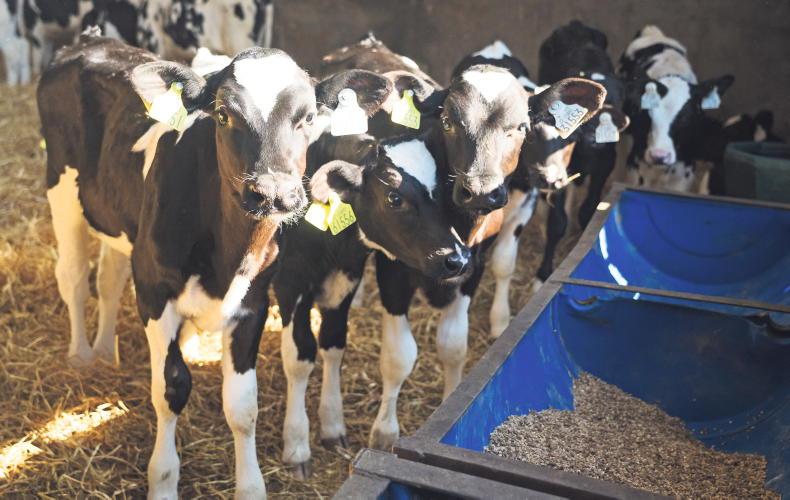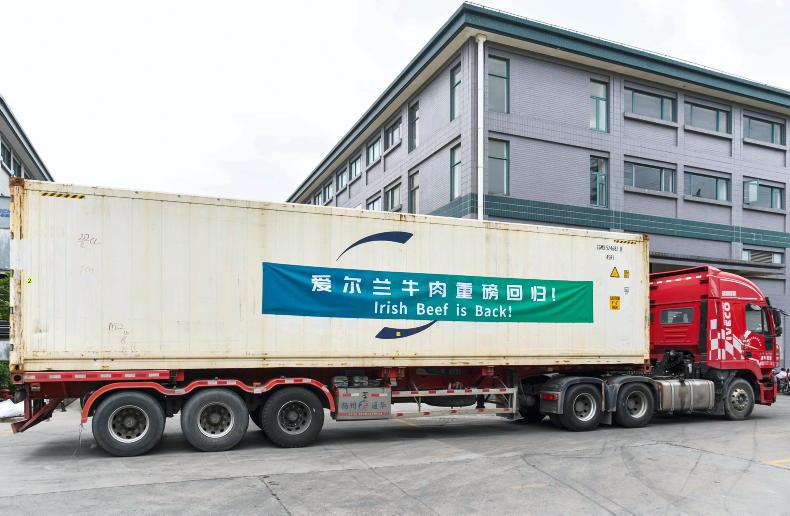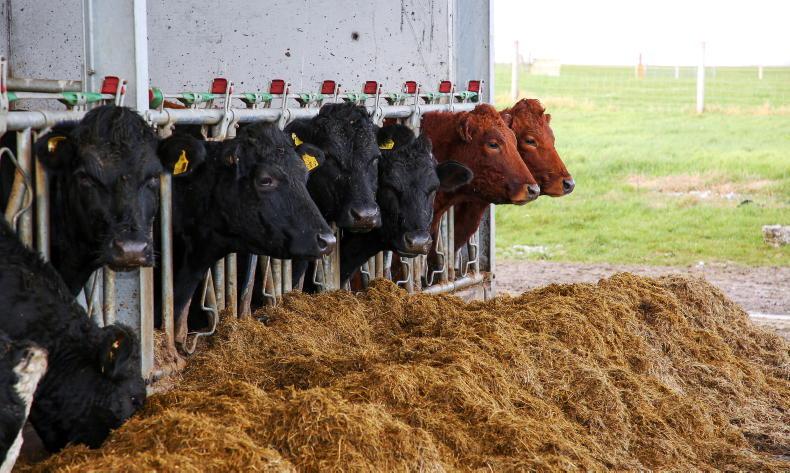Recently, while investigating an outbreak of scour in some dairy cows, I identified rumen fluke eggs in a number of dung samples.
The cows were back in milk and had a profuse watery diarrhoea but appeared in reasonably good form and were grazing grass and chewing the cud. While this was not considered to be the only contributing factor to the problem, it was nonetheless significant.
Rumen fluke has been recognised as an issue in Ireland over the last 10 years or so. Where animals present with diarrhoea and ill thrift, production will be decreased, (milk yield, litres or solids). It is generally accepted that younger animals will be more severely affected and in some cases older animals may show no signs of disease.
Rumen fluke are a parasite that live in the rumen of both cattle and sheep. They are small pea-sized fluke that attach to the inner lining and cause physical damage to the rumen.
The life cycle of rumen fluke is approximately 12 weeks and needs water snails as an intermediate host and one expects greater problems in wet warm conditions. Typically, rumen fluke is associated with areas where water lies in pools – this can be ponds, slow-flowing streams, cut-up land, tractor ruts or flood water. Flood water was definitely a problem over the last few summers and could explain why we now identify far more cases of clinical rumen fluke.
Every year, we identify groups of weanlings, particularly dairy offspring not thriving as a result of rumen fluke.
Good responses are reported with products effective against rumen fluke. Oxyclozanide is the active ingredient that is effective. You should consult your vet as to the most appropriate product in a particular situation.
Consideration should also be given to other parasites such as liver fluke, stomach worms and lungworms, and remember that parasite control is more than just dosing.
*Donal Lynch owns and runs Donal Lynch Veterinary, Tullamore, Co Offaly, part of XLVets, a group of progressive practices working together to achieve a better future for agriculture and veterinary in Ireland. Visit www.xlvets.ie









SHARING OPTIONS